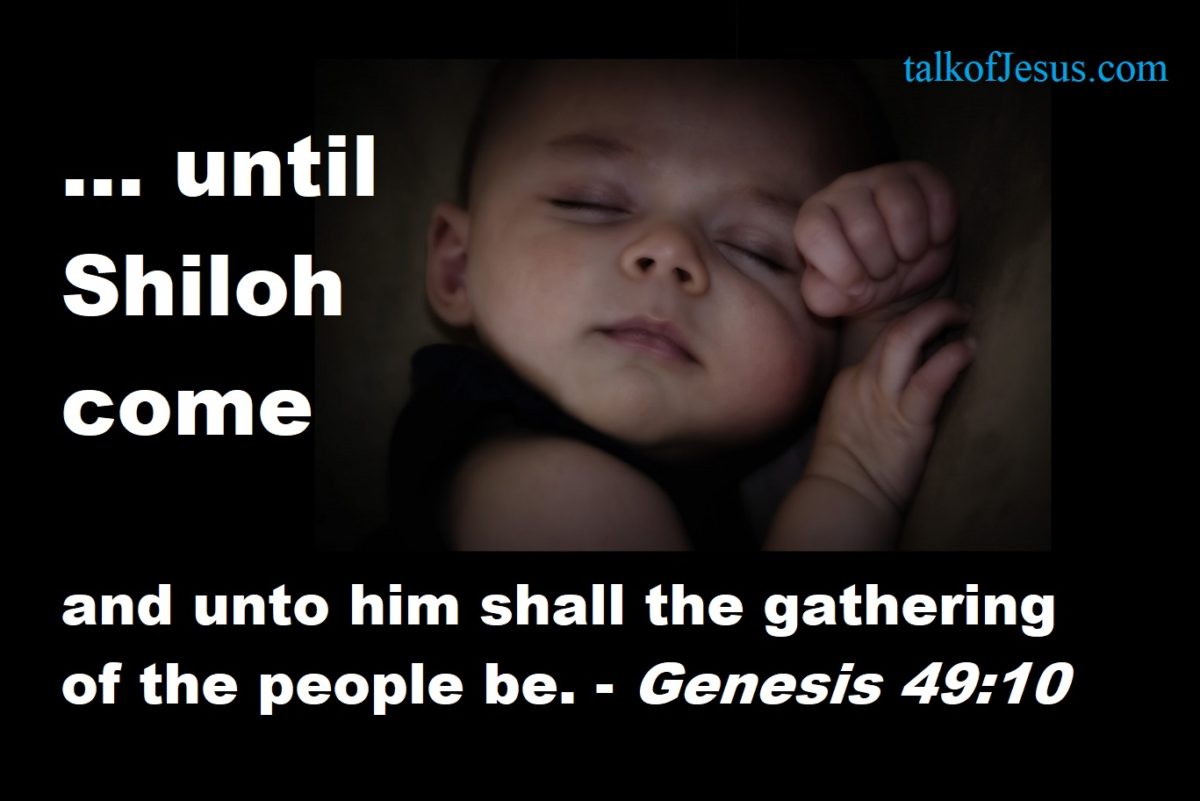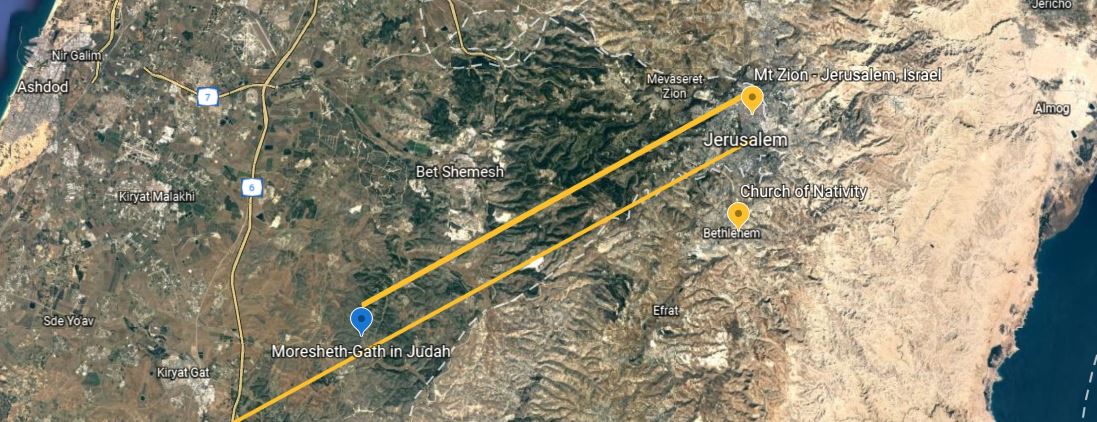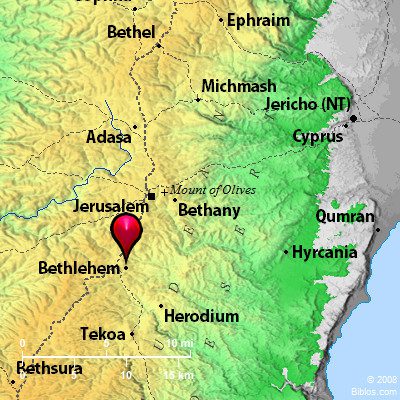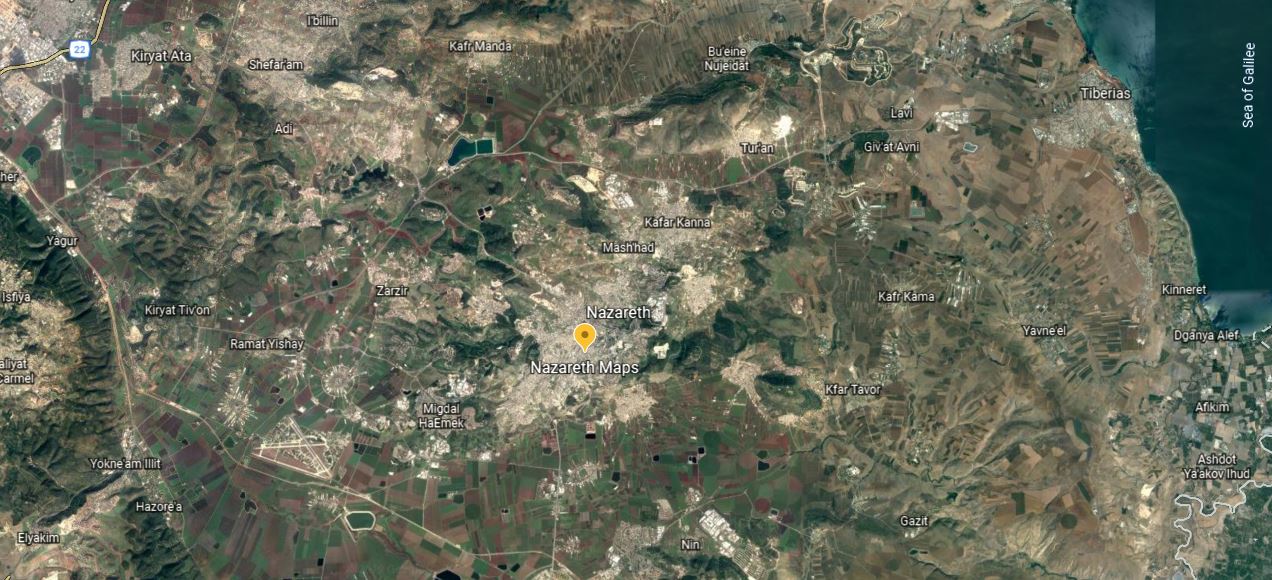… until Shiloh come; and unto him shall the gathering of the people be.
לֹֽא־יָסוּר שֵׁבֶט מִֽיהוּדָה וּמְחֹקֵק מִבֵּין רַגְלָיו עַד כִּֽי־יָבֹא שֶׂילה וְלֹו יִקְּהַת עַמִּֽים׃
The sceptre shall not depart from Judah, nor a lawgiver from between his feet, until Shiloh come; and unto him shall the gathering of the people be.
Genesis 49:10 WLC; KJV
Centuries have passed since Jerusalem fell, was rebuilt and recaptured. Not only have we no peace, but live as a captive people in our own land. And no Prophet has spoken since the days of old. Shiloh, come Shiloh; LORD send peace to the people of your covenant.
The LORD has answered our prayer
O LORD, the hope of Israel, all that forsake thee shall be ashamed, and they that depart from me shall be written in the earth, because they have forsaken the LORD, the fountain of living waters.
Jeremiah 17:13 KJV – 6th c.B.C.
Again the Lord spoke to me further, saying, “Inasmuch as these people have rejected the gently flowing waters of Shiloah…”
and that the Lord will cleanse the land by the ‘strong and abundant waters’ of Judah’s powerful enemy.
If only you had paid attention to my commands.
Then your peace would have been like a river,
and your righteousness like the waves of the sea. – Isaiah 48:18 CSB
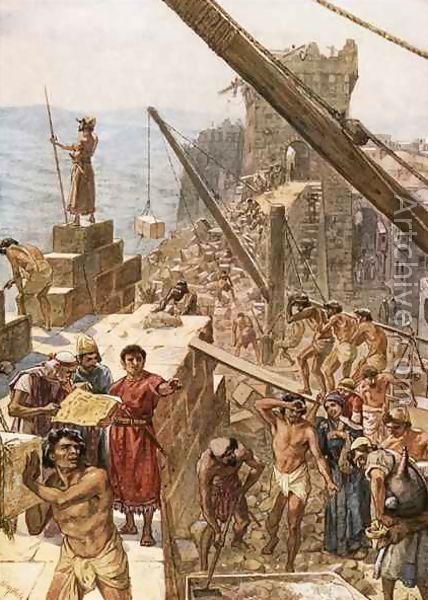
The Fountain Gate was repaired by Shallun son of Kol-Hozeh, ruler of the district of Mizpah. He rebuilt it, roofing it over and putting its doors and bolts and bars in place. He also repaired the wall of the Pool of Siloam, by the King’s Garden, as far as the steps going down from the City of David.
Nehemiah 3:15 NIV – 4th c.B.C.
“Now therefore, our God, hear the prayer of Your servant, and his supplications, and for the Lord’s sake cause Your face to shine on Your sanctuary, which is desolate. – Daniel 9:17
In the Beginning
In the beginning was the Word, and the Word was with God, and the Word was God. He was in the beginning with God. – John 1:1-2 NKJV
The earth was without form, and void; and darkness was on the face of the deep. And the Spirit of God was hovering over the face of the waters.
Genesis 1:2 NKJV
6 Then God said, “Let there be an expanse in the midst of the waters, and let it separate the waters from the waters.”
9 Then God said, “Let the waters below the heavens be gathered into one place, and let the dry land appear”; and it was so.
Then God said, “Let Us make man in Our image, according to Our likeness…” God created man in His own image, in the image of God He created him; male and female He created them.
Genesis 1:26a-27 NASB
Now a river went out of Eden to water the garden, and from there it parted and became four riverheads.
Genesis 2:10 NKJV
WE Have Been Here Before
In our lead up to Christmas I have pointed to the Trinity and eternity of the Lord God. One way to think of an eternal Jesus is as the Son of Man in a Manger,
A Child is Born
For thus saith the LORD,
Behold, I will extend peace to her like a river, and the glory of the Gentiles like a flowing stream…
Isaiah 66:12a NKJV
And behold, an angel of the Lord stood before them, and the glory of the Lord shone around them, and they were greatly afraid… “And this will be the sign to you: You will find a Babe wrapped in swaddling cloths, lying in a manger.” – The Good News of Luke 2:9,12 NKJV
And suddenly there was with the angel a multitude of the heavenly host praising God and saying:
“Glory to God in the highest,
Luke 2:13-14 NKJV *textral translation
And on earth peace, toward men of goodwill!
“She will give birth to a son, and you are to name him Jesus, because he will save his people from their sins.” – The Good News of Matthew 1:21 CSB
The Word became flesh and dwelt among us. We observed his glory, the glory as the one and only Son from the Father, full of grace and truth.
John 1:14 CSB
Living Water
Give me a drink.
request of Jesus to a woman at Jacob’s well – John 4:7
Jesus asks you one thing, so do you do it?
(This is the same Jesus born in a manger just thirty years earlier and the same Jesus who was ‘with God in the beginning.’)
OR do you question the Lord?
9 “How is it that you, a Jew, ask for a drink from me, a Samaritan woman?”
Jesus answered, “If you knew the gift of God, and who is saying to you, ‘Give me a drink,’ you would ask him, and he would give you living water.”
The Gospel of John 4:10 CSB
You encounter a sinless Son of Man – Jesus – in a manger, on a Cross or along the road of life. Will you ask Him for living water?
Jesus walked on water and He calmed the waters of the stormy sea.
The Lord created, gave life to dust and walked Personally alongside the faithful. He IS the source of the spring of Eden, the river of life and the pool of peace in Jerusalem.
Shiloh or Siloam flows from Him and to Him. He IS the way of salvation to the living water.
The Pool of Siloam
John 9
Now as Jesus passed by, He saw a man who was blind from birth…
7 And He said to him, “Go, wash in the pool of Siloam” (which is translated, Sent).
The Lord touched you and commands, “Go” (do this or that). Will you obey? OR Do you question Jesus?
The religious elite questioned Him, but the blind man obeyed.
“Do you believe in the Son of God?”
36 He answered and said, “Who is He, Lord, that I may believe in Him?”
37 And Jesus said to him, “You have both seen Him and it is He who is talking with you.”
38 Then he said, “Lord, I believe!” And he worshiped Him.
And Jesus said,
“For judgment I have come into this world, that those who do not see may see, and that those who see may be made blind.”
John 9:39 NKJV
Sent to the World – Shiloh in a Manger
“Today in the city of David a Savior was born for you, who is the Messiah, the Lord. – The Good News of the Gentile Physician Luke 2:11
Thirty some years later He returns to Jerusalem – the Lamb of God in the Person of Jesus.
Luke 19:
Now he came near the path down the Mount of Olives, and the whole crowd of the disciples began to praise God joyfully with a loud voice for all the miracles they had seen:
Blessed is the King who comes
in the name of the Lord.
Peace in heaven
and glory in the highest heaven!
“Wasn’t it necessary for the Messiah to suffer these things and enter into his glory? ”
Luke 24:26
Of course it was.
We worship the Christ of the manger of Christmas because of the Lamb of God sent to the Cross for our sins.
“Peace I leave with you. My peace I give to you. I do not give to you as the world gives. Don’t let your heart be troubled or fearful.
John 14:27 CSB
May the Lord bless your worship of Jesus, our gift of Shiloh this CHRISTmas.
